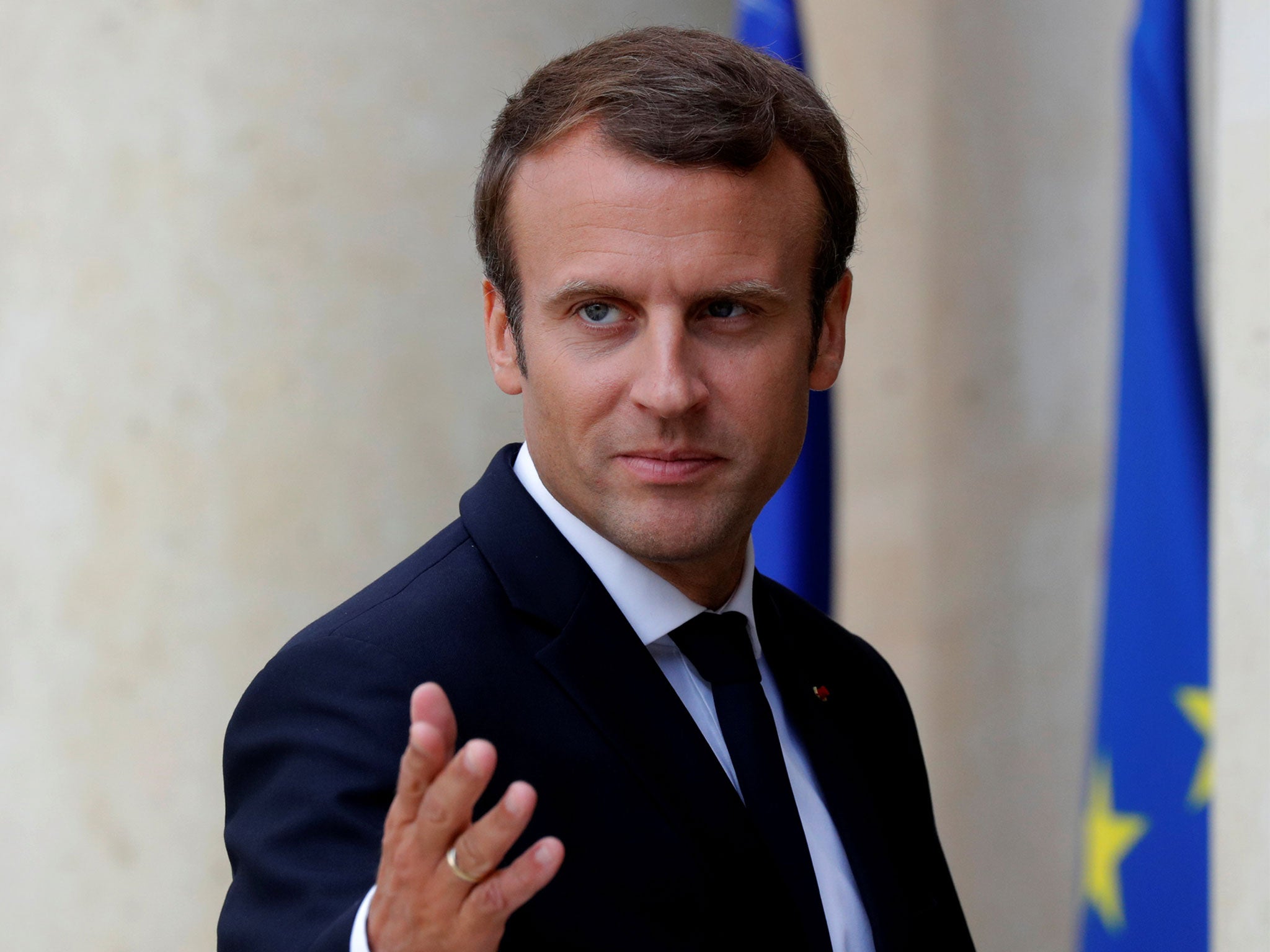This week is expected to see mass protests and strikes against the French government and the country’s president Emmanuel Macron. Here’s everything you need to know about them
Why are people protesting and going on strike?
Primarily, the protests are about Emmanuel Macron’s plans to reform French labour laws, which are extremely controversial.
Under the plans, it would become easier for medium and small businesses to sack workers. Trade union collective bargaining will also be watered down and firms with fewer than 20 staff will be able to negotiate directly with individual employees, instead of a union branch. The Government also wants a cap on pay-outs from industrial tribunals.
Didn’t Macron just win an election?
Yes, but his popularity has fallen like a stone – across the board pollsters have shown him less popular in this stage of his premiership than both Nicholas Sarkozy and Francois Hollande. Both of those presidents were unpopular.
As a candidate Macron also refused to go into specifics about what labour reforms he would make.
Macron was also elected on an extremely low share of the first preference vote – just 24 per cent. He won an overwhelming victory in the second round, though his only opponent there was far-right National Front’s Marine Le Pen.
Why does Macron want to reform the Labour code?
French liberals (and those abroad) have long argued that the country’s regulated and collectively organised labour market is inefficient and holds the country back economically.
Macron, for his part, says France will be “turning the page on three decades of inefficiency” by introducing his changes.
It is not uncommon for the French government to provoke the ire of the French labour movement. In 2007 and 2010 the country was crippled by general strikes over cuts to pensions and the raising of the retirement age. In 1995 general strikes brought the country to a standstill to stop welfare cutbacks.
Who is calling the protests?
The CGT, or Confédération générale du travail, France’s biggest and most assertive major trade union federation has call the strike.
Other federations, including the less militant CFDT and FO, have said they will stay away from the day of action.
The CGT was previously communist-backed but has recently taken a more moderate stance. Its battalions will be accompanied by other elements of the organised French left.
Are there other reasons people are annoyed?
The labour law reforms are just the latest of a series of unpopular things Macron has done in office. He has already taken a hit over planned cuts to housing assistance for people on low incomes, and there was push-back over plans to make his wife the official first lady, potentially with a salary. Other ways the president has upset people include backtracking on a pledge to shore-up defence spending, which led to a very public row with the head of the army.

Join our commenting forum
Join thought-provoking conversations, follow other Independent readers and see their replies
Comments